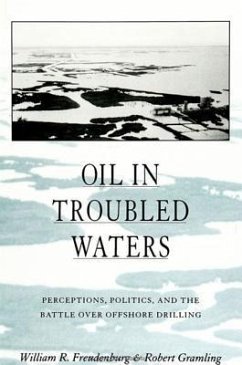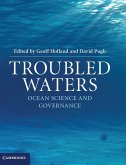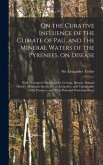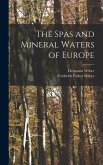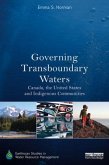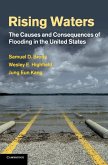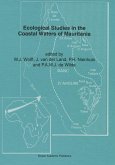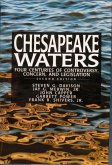In some coastal regions of the United States, such as western Louisiana, offshore oil development has long been welcomed. In others, such as northern California, it has been vehemently opposed. This book explores the reasons behind this paradox, looking at the people, the regions, and the issues in sociological and historical contexts. What has been in very short supply on this issue, as in a growing number of other cases of technological gridlock, is balanced analysis. That is what this book provides. The authors' case studies, derived from interviews with Louisiana and California residents and from environmental impact statements, demonstrate that easy answers are not the most valid ones. The region that should be considered unusual, they find, is coastal Louisiana, where historical, social, and environmental factors combine to favor the offshore oil industry. But this combination of factors, they argue, is unlikely to be found in other coastal regions of the U.S. in the near future.
Hinweis: Dieser Artikel kann nur an eine deutsche Lieferadresse ausgeliefert werden.
Hinweis: Dieser Artikel kann nur an eine deutsche Lieferadresse ausgeliefert werden.

